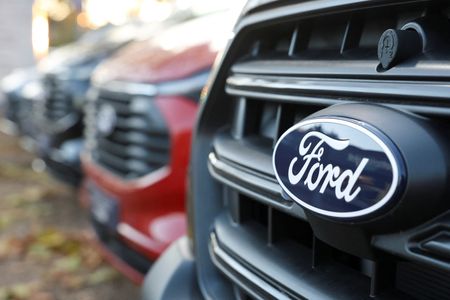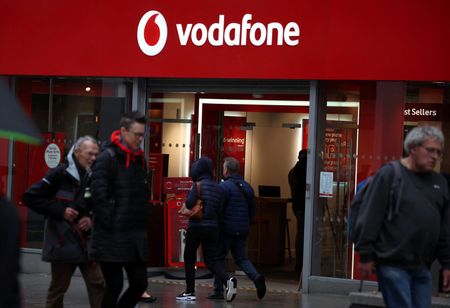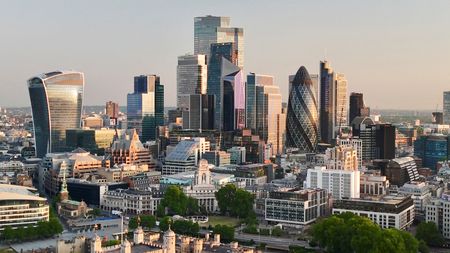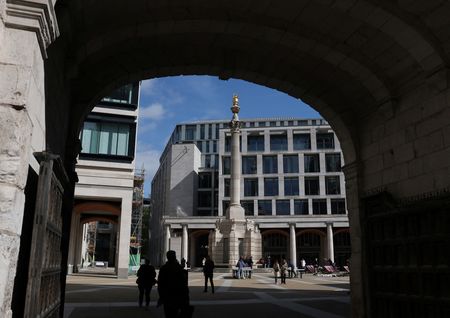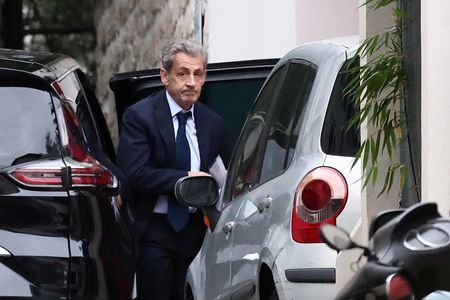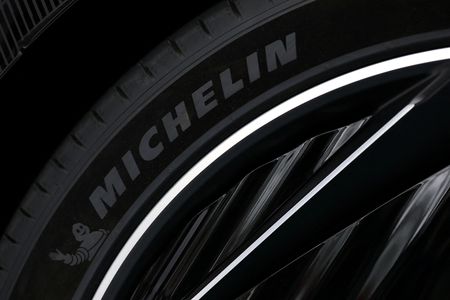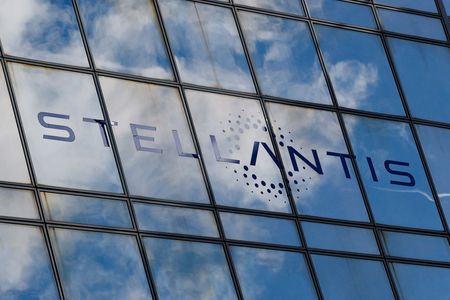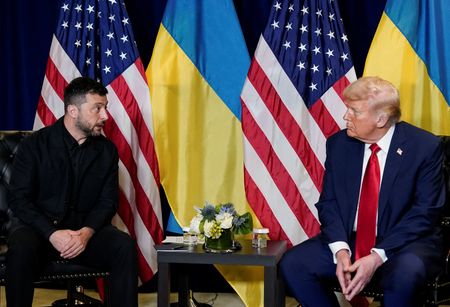By Sam Tobin
LONDON (Reuters) -Some of the world’s biggest carmakers manipulated diesel emissions tests because they “would rather cheat than comply with the law”, lawyers for over 1.6 million claimants told London’s High Court on Monday, at the start of a huge trial.
A decade on from Volkswagen’s ‘dieselgate’ scandal, which cost the German automaker billions of euros, the claimants are suing rival manufacturers in one of the largest mass lawsuits in English legal history.
Owners of diesel vehicles made by Mercedes-Benz, Ford, Nissan, Renault and the Stellantis-owned brands Peugeot and Citroen between 2012 and 2017 allege the companies cheated emissions tests.
The manufacturers are accused of using unlawful “defeat devices”, which detected when vehicles were being tested and ensured nitrogen oxide (NOx) emissions were kept within legal limits under test conditions.
The claimants’ lawyers say NOx emissions were far higher when the cars were on the road – in some cases up to 12 times test limits – causing harm to the environment and entitling consumers to compensation.
The manufacturers, however, say the claims are fundamentally flawed and argue there are justified reasons why systems to control emissions are calibrated to work differently in certain conditions.
They also reject any similarity with the scandal that erupted in 2015, when VW admitted using defeat devices, and which has hung over the motor industry ever since.
‘DEFEAT DEVICES’ TRIAL BEGINS
The trial, which will conclude next year with a judgment expected in mid-2026, will focus on a sample of 20 diesel vehicles produced by the five manufacturers, who are being sued by nearly 850,000 of the claimants.
The High Court will determine whether those sample vehicles contained prohibited defeat devices, with any damages owed to be decided at a further trial next year.
The court’s ruling will also be binding on another 800,000 or so similar claims against other manufacturers including Stellantis-owned Vauxhall/Opel and BMW.
It is not the first time London’s High Court has been asked to decide on defeat devices, having ruled against VW in 2020. VW settled those claims without any admission of liability in 2022.
VW has had to pay more than 32 billion euros ($37 billion) in vehicle refits, fines and legal costs, while former Chief Executive Martin Winterkorn faced criminal charges, though his trial was suspended on health grounds earlier this month.
The scandal has stretched beyond VW to other manufacturers and suppliers, some of whom have paid fines and reached settlements in the United States and elsewhere to resolve investigations into diesel vehicle emissions.
Tom de la Mare, one of the claimants’ lawyers, said manufacturers across the industry made “a conscious decision” to prioritise customer convenience over preventing pollution.
He described the carmakers’ approach as being that “we would rather cheat than comply with the law”.
AUTOMAKERS REJECT ‘LONG SHADOW’ OF VW SCANDAL
The manufacturers at the centre of the trial, though, reject that and say the claimants have been distracted by the “long shadow” of VW’s troubles.
Renault’s lawyer Alexander Antelme said in court filings that the claimants were working on the “false assumption that the features of ‘VW dieselgate’ applied across the entire automotive industry”.
The carmakers also stress that lower NOx levels often mean higher amounts of other pollutants are emitted and that there are good engineering or safety reasons for regulating emissions.
All methods of emissions control involve “trade-offs between different emissions and the need for the diesel engine to operate properly and safely”, Antelme argued.
The current group of claims has previously been valued by the claimants’ lawyers at around 6 billion pounds ($7.97 billion).
($1 = 0.8645 euros)
($1 = 0.7528 pounds)
(Reporting by Sam Tobin; Editing by Elaine Hardcastle and Peter Graff)

